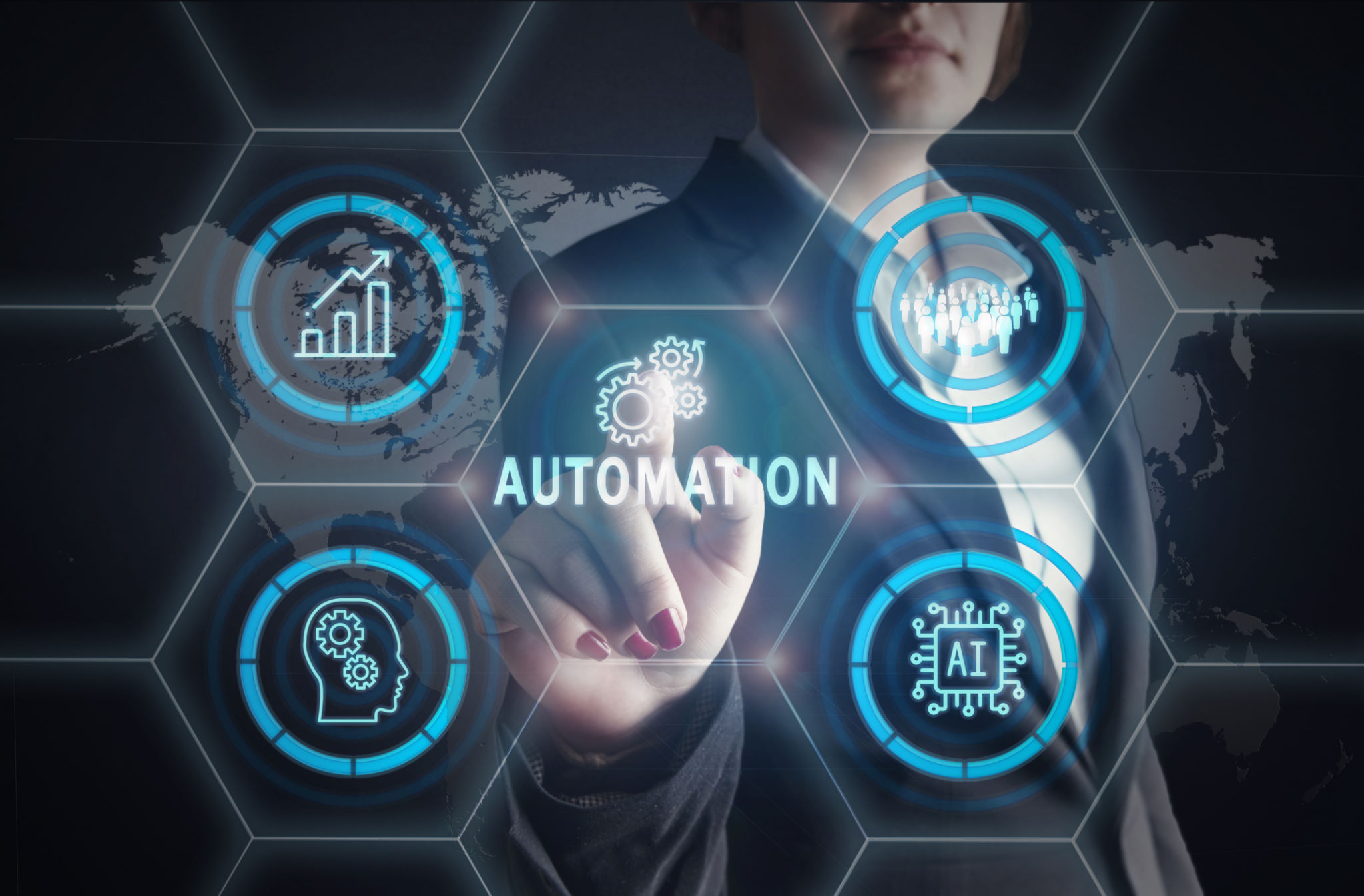A Comprehensive Guide to AI-Driven Marketing Tools
Introduction to AI-Driven Marketing Tools
In today's digital landscape, businesses are constantly seeking ways to enhance their marketing strategies. One of the most significant advancements in this field is the adoption of AI-driven marketing tools. These tools are transforming how companies interact with their audience, optimize campaigns, and analyze data. By leveraging artificial intelligence, marketers can achieve unprecedented levels of efficiency and personalization.

The Role of AI in Marketing
AI plays a crucial role in modern marketing by automating tasks that traditionally required significant manual effort. From customer segmentation to predictive analytics, AI tools streamline processes and provide marketers with deeper insights into consumer behavior. This enables businesses to tailor their offerings more effectively, ensuring that the right message reaches the right audience at the right time.
Key Features of AI-Driven Marketing Tools
AI-driven marketing tools come equipped with a variety of features designed to enhance marketing efforts. Some of the most notable include:
- Data Analysis: AI tools can process vast amounts of data quickly, offering actionable insights that drive better decision-making.
- Automation: Tasks such as email marketing, social media posting, and ad management can be automated, saving time and effort.
- Personalization: AI enables marketers to create personalized content and offers tailored specifically to individual consumer preferences.

Popular AI-Driven Marketing Tools
Several AI-driven marketing tools have gained popularity due to their effectiveness and ease of use. Platforms like HubSpot, Salesforce, and Marketo integrate AI to offer advanced features such as lead scoring, customer journey mapping, and real-time analytics. These tools help businesses stay competitive by providing a more comprehensive understanding of their market dynamics.
How to Implement AI in Your Marketing Strategy
Integrating AI into your marketing strategy requires careful planning and execution. Here are some steps to consider:
- Identify Your Needs: Determine which areas of your marketing strategy could benefit from AI enhancement.
- Select the Right Tools: Research and choose tools that align with your business objectives and budget constraints.
- Train Your Team: Ensure that your marketing team is well-versed in using the chosen AI tools effectively.
- Monitor and Adjust: Continuously analyze the performance of AI-driven campaigns and make necessary adjustments to optimize results.

The Benefits of AI-Driven Marketing
The benefits of incorporating AI into marketing are numerous. These tools not only enhance operational efficiency but also improve customer engagement through more personalized interactions. Companies that leverage AI are often able to achieve higher conversion rates and better ROI on their marketing initiatives.
Challenges and Considerations
Despite its advantages, implementing AI-driven marketing tools does come with challenges. Issues such as data privacy, integration complexities, and the need for ongoing maintenance must be taken into account. Businesses should carefully weigh these factors when developing their AI strategy.
Future Trends in AI-Driven Marketing
The future of AI-driven marketing looks promising, with advancements in machine learning and natural language processing leading the charge. As AI continues to evolve, marketers can expect even more sophisticated tools that offer deeper insights and greater automation capabilities, further revolutionizing the industry.
In conclusion, embracing AI-driven marketing tools is no longer a luxury but a necessity for businesses looking to thrive in today's competitive environment. By understanding and implementing these technologies, companies can unlock new opportunities for growth and innovation.
